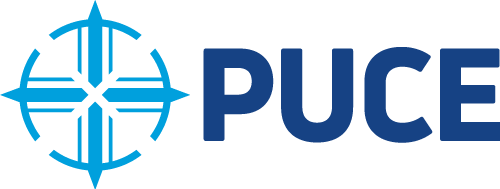Distinct proteomic profiles are associated with Trypanosoma cruzi I strains displaying high/low infectivity towards mammalian cells in vitro
Loading...
Date
2018
Journal Title
Journal ISSN
Volume Title
Publisher
PUCE - Quito
Abstract
Causative agent of Chagas disease, Trypanosoma cruzi, has a digenetic life cycle, 24 comprising life stages in invertebrate and mammalian hosts. In mammalian hosts, the 25 parasites multiply intracellularly; therefore, the process of cellular invasion is required for 26 life cycle completion. T. cruzi is a genetically diverse species and six different genetic 27 lineages are currently recognized (TCI-TCVI), TCI being the most widespread and 28 genetically variable. TcI strains present significant differences in their ability to invade 29 mammalian cells in vitro, which may be rooted both in genetic differences as well as in 30 protein expression levels. We report the identification of sets over and underexpressed of 31 2-DE spots statiscally associated with high and low infectivity strains. Proteins associated 32 with high infectivity strains identified through mass spectrometry showed a major 33 presence of proteins related to the cytoskeleton and motility of the parasite, which 34 suggests that the more infective strains could be more motile than the less infective ones. 35 Additionally, high infective strain proteins associated with antioxidant activity were also 36 present, which may be related to more aggressive invasive patterns. Ultimately, 37 identification of specific proteins and pathways associated to the ability of 38 trypomastigotes to infect mammalian cells will open up the possibility of functional 39 confirmation through overexpression and knockout experiments and may unveil potential 40 drug and vaccine targets.
Description
Keywords
American trypanosomiasis, Mammals - Diseases, Protozoal infections, Genetic diversity, Mass spectrometry
